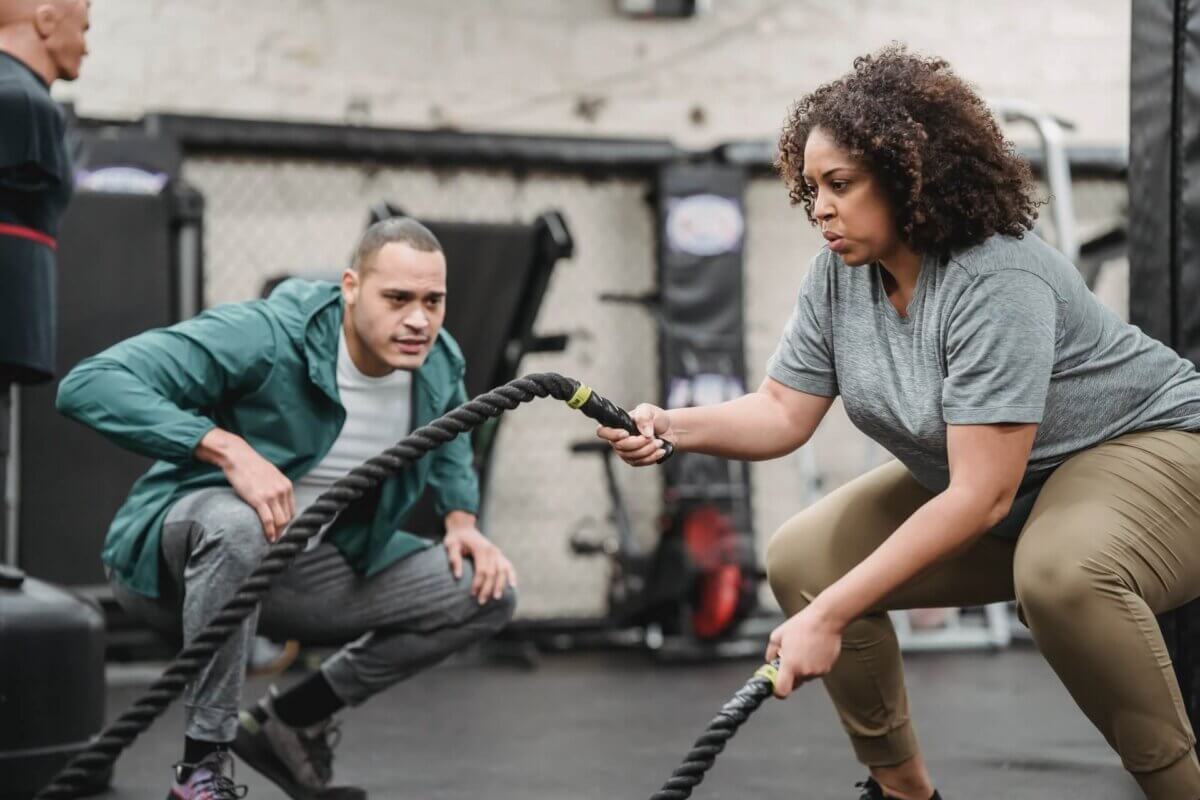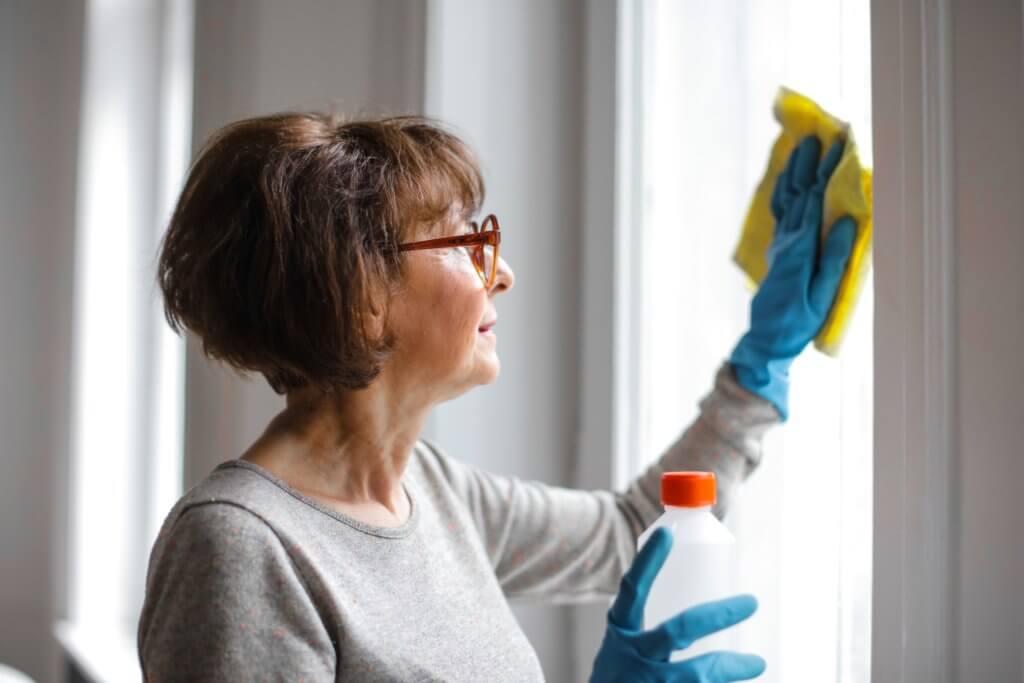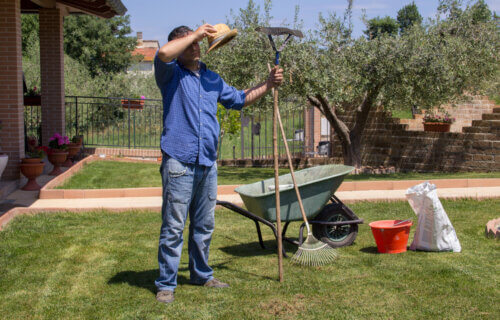SYDNEY, Australia — Less than five minutes of sweaty household chores may be all you need to cut your risk of developing cancer by a third. Researchers in Australia have found that engaging in vigorous daily tasks which make people “huff and puff” can significantly reduce the risk for certain cancers.
The team discovered that engaging in 4.5 minutes of strenuous movements during daily tasks, even if you don’t regularly go to the gym, can reduce the risk of specific cancers by as much as 32 percent. The study used data from wearable devices to track the daily activities of over 22,000 “non-exercisers.”
For nearly seven years, the researchers tracked the clinical health records of the group to monitor for any cancer occurrence. They found that four to five minutes of vigorous intermittent lifestyle physical activity (VILPA) had a connection to a “substantially lower” cancer risk compared to individuals who performed no VILPA.
The term VILPA was coined by researchers at the University of Sydney’s Charles Perkins Centre. It describes short bursts of high-energy activities — around one minute each — that people enthusiastically perform daily. Examples include intense housework, carrying heavy shopping bags, bursts of power walking, or playing high-energy games with children.
“VILPA is a bit like applying the principles of High-Intensity Interval Training (HIIT) to your everyday life,” says lead author Professor Emmanuel Stamatakis in a media release.

Stamatakis states that adults who don’t exercise are at a higher risk of developing breast, endometrial, or colorectal cancer. Until recently, however, the impact of less structured forms of vigorous physical activity could not be measured.
“We know the majority of middle-aged people don’t regularly exercise which puts them at increased cancer risk but it’s only through the advent of wearable technology like activity trackers that we are able to look at the impact of short bursts of incidental physical activity done as part of daily living,” adds Prof. Stamatakis.
“It’s quite remarkable to see that upping the intensity of daily tasks for as little as four to five minutes a day, done in short bursts of around one minute each, is linked to an overall reduction in cancer risk by up to 18 percent, and up to 32 percent for cancer types linked to physical activity.”
In a study of 22,398 people with an average age of 62, who didn’t exercise during their leisure time, researchers found that a minimum of around 3.5 minutes of daily VILPA was associated with up to an 18-percent reduction in cancer incidence, compared with no VILPA. Additionally, 4.5 minutes of daily VILPA corresponded to up to a 32-percent reduction in the incidence of cancers related to physical activity, according to findings published in JAMA Oncology.

The most significant reductions in cancer risk were seen in individuals who engaged in small amounts of VILPA compared to those who did none. However, the benefits continued with higher levels of daily VILPA, particularly for physical activity-related cancers, with most VILPA (92%) performed in bouts of up to one minute.
The study is observational and not designed to explore cause and effect directly. However, the researchers note a “strong” correlation. Prior trials have shown intermittent vigorous physical activity produces “rapid” improvements in cardio-respiratory fitness, potentially explaining the decreased cancer risk. The researchers also cite improved insulin sensitivity and reduced chronic inflammation as other likely contributing factors.
“We need to further investigate this link through robust trials, but it appears that VILPA may be a promising cost-free recommendation for lowering cancer risk in people who find structured exercise difficult or unappealing,” Prof. Stamatakis concludes.
“We are just starting to glimpse the potential of wearable technology to track physical activity and understand how unexplored aspects of our lives affect our long-term health – the potential impact on cancer prevention and a host of other health outcomes is enormous.”
You might also be interested in:
- Helping hand? Scientists constructing a robotic third arm to assist with chores
- HIIT at home: One-minute bursts of activity during chores as good for heart as going to gym!
- Exercise is an anti-cancer drug — even for late-stage patients
South West News Service writer Stephen Beech contributed to this report.

